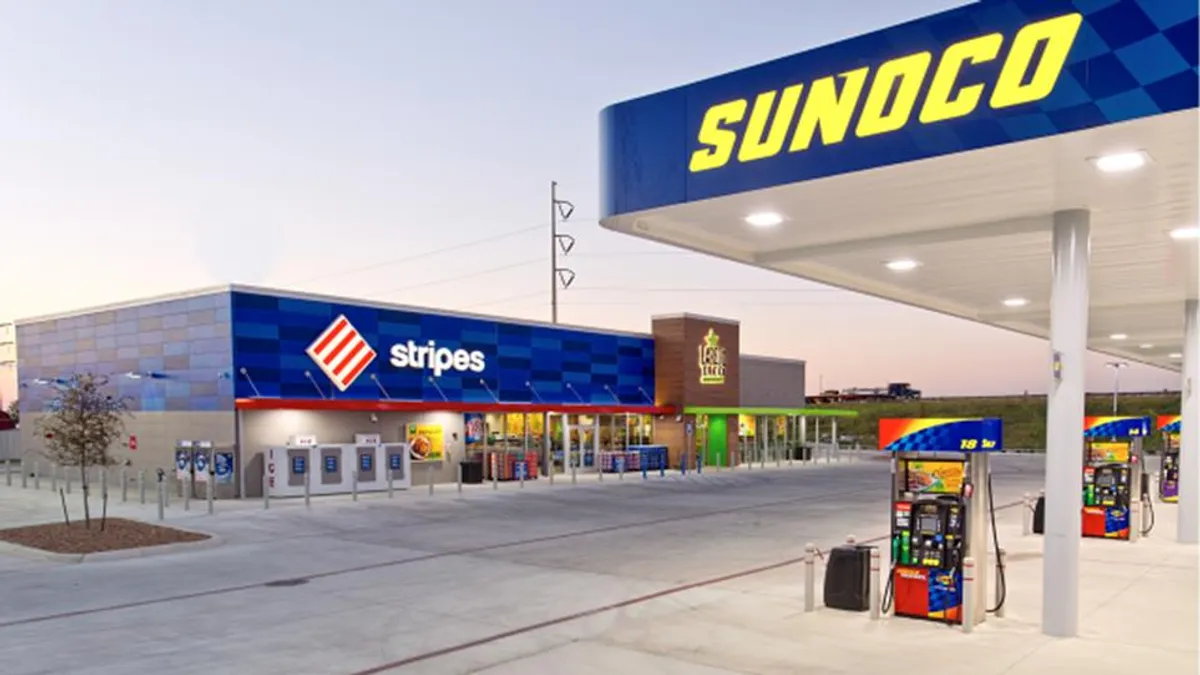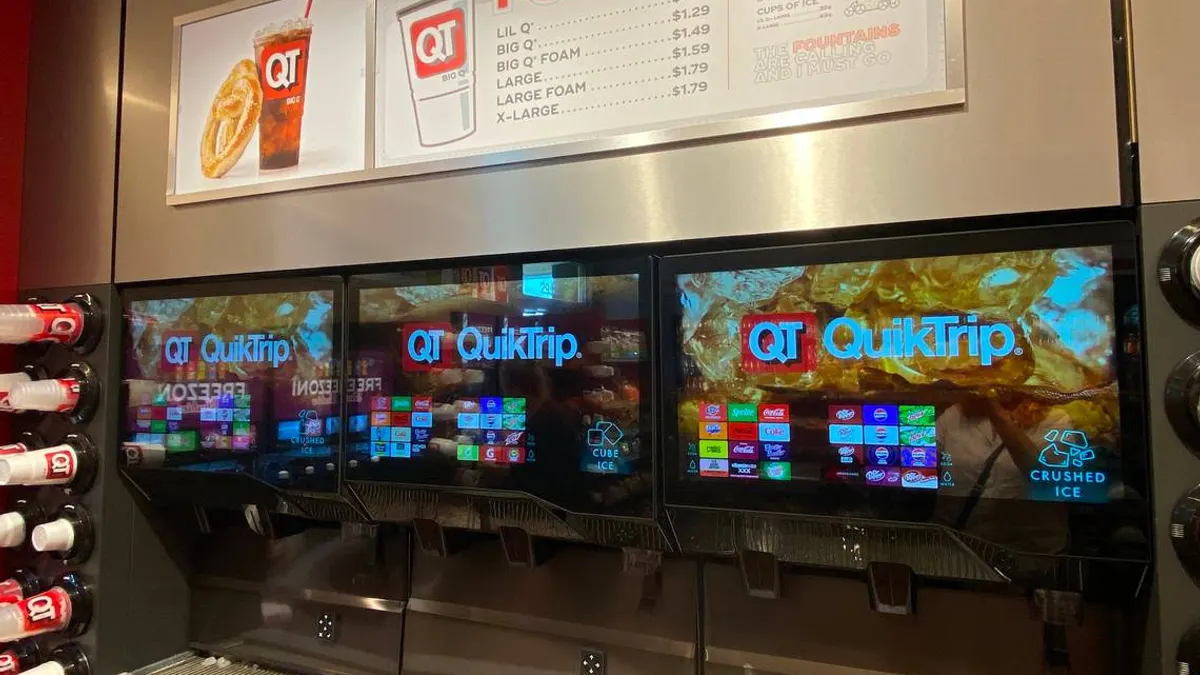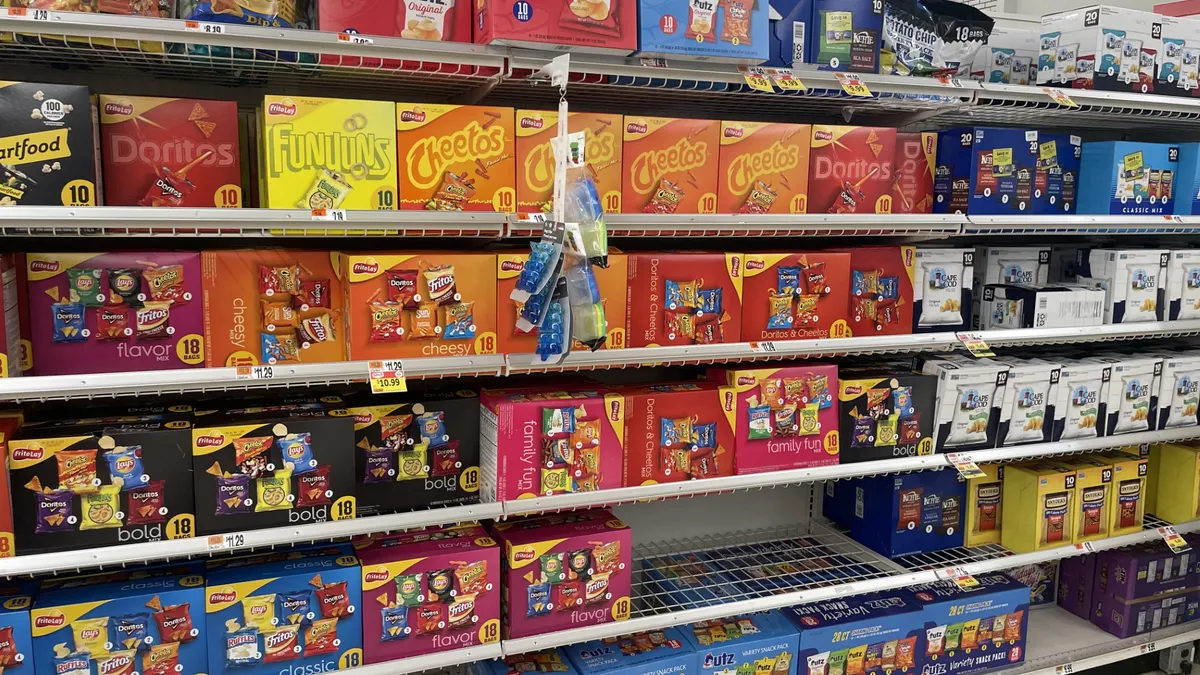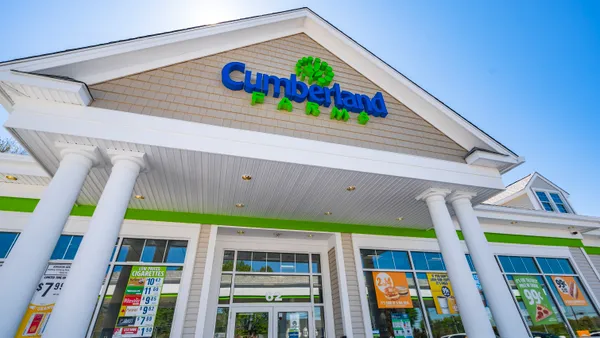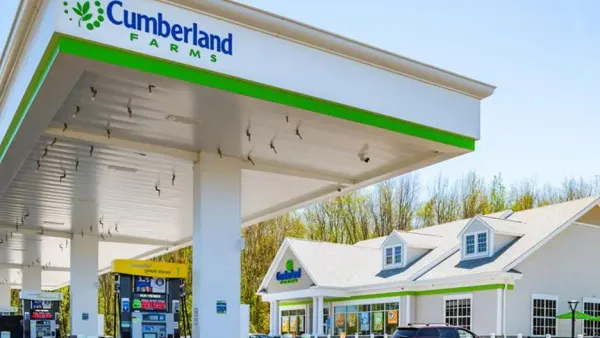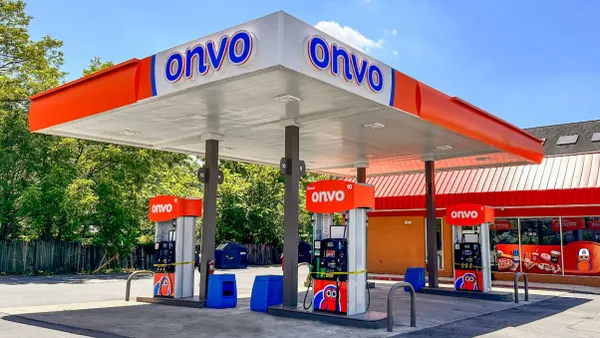When BP agreed to acquire TravelCenters of America’s 281 truck stop locations about a year ago, some experts foresaw it as the beginning of a shift that would see major oil companies getting back into fully owned c-stores.
While diving back into the c-store space has been a priority for BP, 7-Eleven’s recent purchase of hundreds of Sunoco stores indicates that not all big oil companies are equally interested.
Yesterday, the Irving, Texas-based c-store giant announced it agreed to acquire 204 locations from Sunoco for about $1 billion. The stores included in the deal are the remaining Stripes and Laredo Taco Company locations in the U.S., located across West Texas, New Mexico and Oklahoma.
A closing date for the deal — 7-Eleven’s largest acquisition in three years — remains unknown.
For 7-Eleven, the deal gives the retailer full ownership of the Stripes and Laredo brands, which it began acquiring back in 2017. Meanwhile, Sunoco said it will use the $1 billion to reduce leverage and maintain a strong balance sheet moving forward.
Sunoco’s divestment of these locations, combined with its simultaneously announced plan to acquire more liquid fuel terminals in Europe, signals that the Dallas-based company is ready to focus more on its oil and gas operations and less on the c-store sector.
Despite oil brands like BP and Shell buying back into c-stores in recent years, focusing less on that industry is a move that makes sense for many oil companies, since retail represents a fraction of their business, said Peter Rasmussen, founder and CEO of c-store consultancy Convenience and Energy Advisors.
“At the end of the day, for major oil [companies], the retail side is so small,” he said. “It’s basically a rounding error, right?”
“Major oil is making their money off of major oil.”
Rasmussen noted Chevron’s 2023 acquisition of energy firm Hess Corporation as another example of retail becoming less of a focus for these types of companies.
Hess sold its c-store business to Marathon Petroleum in 2014 and hasn’t been in the retail business since. While Chevron still owns more than 1,000 ExtraMile locations through a joint venture with Jacksons Food Stores, its $53 billion purchase of Hess last October signaled that oil is its priority moving forward, since that’s where a lot of the money to be made is.
“I think at the end of the day, major oil is making their money off of major oil,” he said. “You could have a retail division, but it is such a small percentage to their overall scope.”
Beyond oil companies’ willingness to invest in retail, 7-Eleven’s recent deal with Sunoco underscores the influx of mergers and acquisitions 2023 brought to the c-store industry.
With the new year less than two weeks old, the biggest c-store retailer in the game striking a deal this large signals the trend is set to continue in 2024, Rasmussen said. This may be for several reasons, but mainly because it’s easier and cheaper for retailers to grow via acquisitions than by building new stores.
“[7-Eleven] gets more sites that they can run off of their same infrastructure,” he said. “If they went and built 200 stores, it would take them a lot more time and a lot more money.”
In today’s c-store landscape, mergers and acquisitions is “one of the only answers” to being competitive, Rasmussen noted.
“And it’s not like you can undo it — so it's just going to keep happening,” he said.



